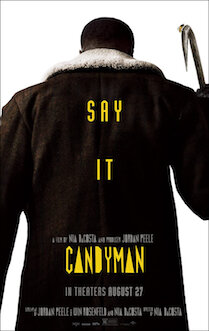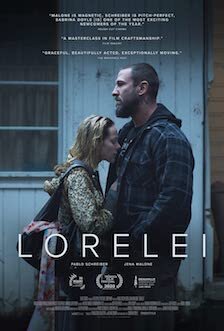Direction: Sion Sono
Country: Japan / USA
Taking in consideration that Prisoners of the Ghostland arrives by the hand of Japanese director Sion Son (Love Exposure, 2008; Suicide Club, 2001; Cold Fish, 2010), who worked from a demented script by Aaron Hendry and Reza Sixo Safai, you should be more than prepared to find punishing environments, brutally insane characters, dark humor and gory scenes.
Admittedly, the film - Sono’s English-language debut - is a psycho neo-noir western with spectacular dystopian visuals, extreme plot absurdities (this is your chance to see a testicle exploding), deranged massive shootings and hyper-stylized Japanese sword fighting scenes, among other eccentric peculiarities. Another attraction is Nicolas Cage, who returned in big this year with Pig, but here seems to have extra fun as Hero, an imprisoned outlaw forced into an inescapable, dark region called Ghostland to rescue the Governor (Bill Moseley)’s missing granddaughter (Sofia Boutella).
More derisive than clever, the film manages to reach the minimum accepted levels of entertainment even without revealing a dash of emotion. The strongest aspect here happens to be the cinematography of Sohei Tanikawa, who had previously worked with the director in six of his works.








































